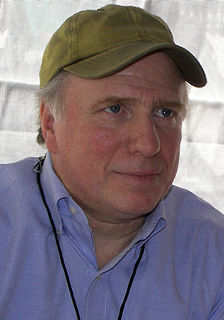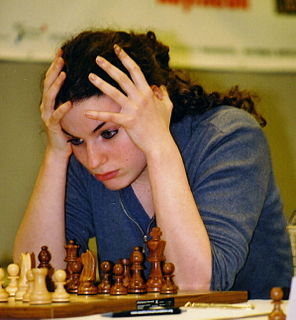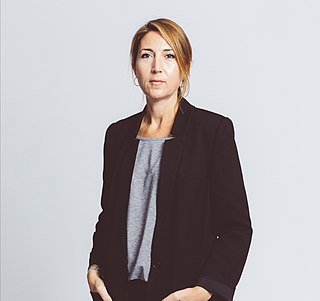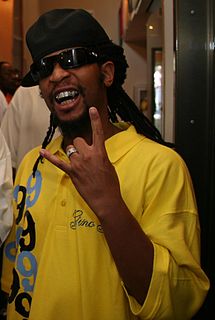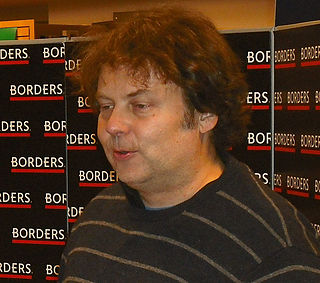A Quote by Ian Frazier
On two or three book tours, I have visited bookstores in the Mall of America and signed copies of my books and introduced myself to store employees who I hope will sell them.
Related Quotes
I am a big fan of the electronic book. I hate to see the old bookstores close, but they have to reinvent themselves. I believe the First Edition bookstore will be the next thing. People will read electronically, then decide they want to own that book. The author will then be invited to the old bookstores to sign. I think books will always be with us, but they will fill a different need.
Most chess books only sell a few thousand copies, and a book titled something like "Women in Chess" would sell even fewer. The idea with this title was to spread the book outside the competitive chess world. I'm interested in attracting readers who love chess but play only casually, and feminists interested in male-dominated fields.
They will be given as gifts; books that are especially pretty or visual will be bought as hard copies; books that are collectible will continue to be collected; people with lots of bookshelves will keep stocking them; and anyone who likes to make notes in books will keep buying books with margins to fill.
Obviously, there are those in the industry who don't give romance novels the level of respect the sales would warrant. They'll talk about a book that sells maybe 100,000 copies, that happens to be very literary, whereas something like 'Crossfire' will sell 13 million copies in a single language and hardly get any mentions at all.
The theme of counterfeits, of those that produce and sell them, has always been part of the culture of M.I.A. When I was contacted by Versace, it seemed a great idea to invert the circle. Versace's designs have always been copied; now it's Versace that copies the copies, so those that copy must copy the copies. So this will continue.
Most novels put out by small or corporate presses don't really sell that well - usually a thousand copies or so. Working with a small press, you have to be willing to book reading tours, plan events, make contacts with other small press authors, and find new ways of getting word about your new work out there.
